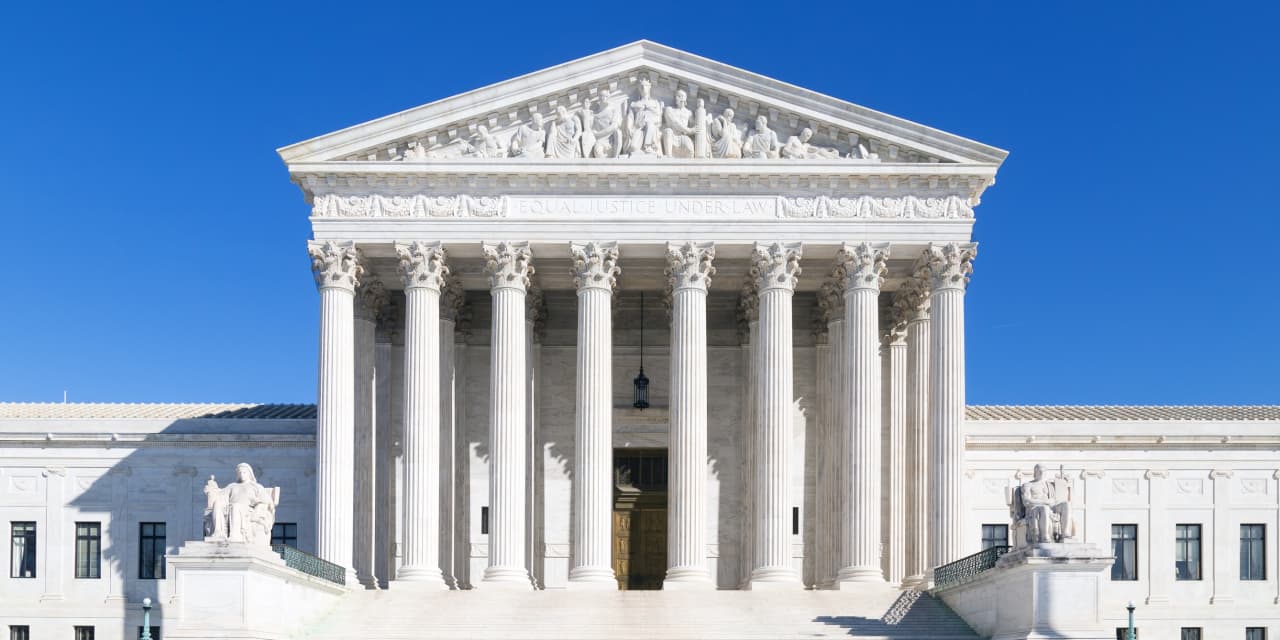The Supreme Court is set to hear arguments in a case that challenges a part of the Trump administration’s 2017 tax law and raises questions about the viability of proposed wealth taxes for the richest Americans.
Many experts say the court’s eventual decision could upend the nation’s tax code at a time when the White House is seeking to raise taxes on billionaires.
In the case, Charles and Kathleen Moore are seeking a $14,729 refund from the Internal Revenue Service, arguing that they should not be taxed on the unrealized income they have accumulated since investing in an India-based company nearly two decades ago. Two lower courts disagreed with their arguments.
The 2017 law put a one-time levy on profit made outside the U.S., affecting multinational companies such as Apple, Alphabet, and Microsoft, but also potentially affecting partnerships and bond investors.
The case, Moore v. U.S., could determine if income has to be “realized” before it can be taxed. The couple said they didn’t receive income from their stake.
A decision in favor of the couple could prompt investors and companies to demand billions of dollars in IRS refunds, and it could also block some recent Democratic proposals to tax the wealthy.
It could also open the U.S. up to a wave of lawsuits over other parts of the tax code, lawyers said.
President Joe Biden has proposed a billionaire’s minimum income tax of 25%, which he said would raise $440 billion over 10 years. Congressional Democrats reintroduced the plan last week. Sen. Elizabeth Warren (D., Mass.) called arguments against wealth taxes inconsistent with the law.
The case comes less than a year before the 2024 presidential election and two years before many of the Trump tax cuts expire. Unless Congress acts, five of seven income tax brackets will revert to their previous rate, with the current top rate of 37% going back to 39.6%.
Write to Janet H. Cho at [email protected]
Read the full article here




